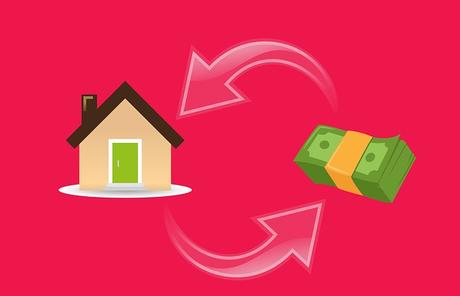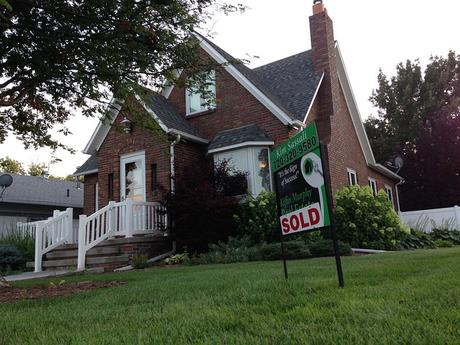
Buying your first home? Deciding to buy a home for the first time can be both exciting and daunting. Whether you're purchasing solo or looking for the perfect place to raise your growing family, there are many factors to consider. The last thing you want to do is purchase a money pit or realize after you move in that you dislike the neighborhood.
To avoid making the most expensive mistake of your life, you need to be vigilant while home shopping. Since it's your first time going through the process, it's natural to feel overwhelmed. But the more you learn about the home-buying process, the more confident you'll feel in your ability to make a good choice.
Know What Home Insurance Is and Isn't
Many new home buyers mistake homeowners insurance for Private Mortgage Insurance (PMI). However, these are two different things and you need to understand how they work. PMI protects your lender if you stop making payments. If you don't put down at least 20% on your mortgage loan, your lender may require you to purchase PMI.
Homeowners insurance, on the other hand, protects the homeowner from financial losses incurred from theft, fires, vandalism, and other perils. A standard homeowners policy usually covers your home, personal property, and exterior structures such as sheds or fences.
It should also offer personal liability protection if someone is injured on your property. When buying a house, get a home insurance quote from more than one company so you can compare coverage and prices.
Calculate How Much You Can Afford
Many first-time buyers get a little too optimistic about how much house they can realistically afford. They often underestimate how many "extra" expenses come with home ownership. To avoid getting in over your head, figure out your budget in advance.
You'll need to factor in property taxes, homeowners insurance, closing costs, and your down payment. Ideally, no more than 28% of your gross monthly income should be tied up in a mortgage payment.

If you're not a math whiz, don't worry. There are plenty of free mortgage calculators online that take the guesswork out of house budgeting.
Use one of these calculators to figure out how much mortgage you can comfortably afford. You should also establish your maximum spending limit and commit to staying within it, no matter how beautiful an over-budget house may be.
Go Through the Pre-Approval Process
Unless you have the ability to pay cash for a home, you should plan to get pre-approved for a mortgage loan. This seems like an unnecessary step for many first-time buyers. However, most sellers prefer to work with pre-approved buyers. If you get in a bidding battle with a pre-approved buyer and you aren't pre-approved, you may lose.
The good news is that getting pre-approved isn't usually very hard. Your lender just needs to verify your income and calculate your debt-to-income ratio. If you have any foreclosures or bankruptcies, bring the relevant records to your lender. If you qualify for pre-approval, you'll receive a letter that you can show to sellers as needed.
Get to Know the Neighborhood
One of the most important things to know as a new home buyer is that the neighborhood is just as important as the home. This is especially true if you're raising children and want to ensure their safety. No matter how attractive a home is, don't sign closing documents unless you love the area it's in.

If you're working with a real estate agent, ask them about the neighborhood. A seasoned agent should be able to list some of the pros and cons of each neighborhood in their purview.
At the very least, they should know which areas have the lowest vs. highest crime rates. You can also check online to see crime stats, local history, and school performance data. If possible, talk with locals about the area and meet some of the neighbors before you buy.
Find a Good Real Estate Agent
As a new home buyer, you need all the expert help you can get. A good real estate agent can become one of your most valued resources.
Though some new buyers think they can navigate the home-buying process on their own, it's not advised. A good agent can help you find the best-priced homes within your budget. They can also help you negotiate prices and make offers.
Real estate agents can access market information and home value trends the average person doesn't know. They can also help new buyers handle unexpected bidding wars and other potential problems.
If you're worried about the cost associated with hiring an agent, don't be! In most cases, sellers pay for the buyer's agent commission. Therefore, you can take advantage of this invaluable resource without paying a dime.
There are many steps involved with buying a new home, and the process can be intimidating even for experienced buyers.
As a new buyer, you can eliminate much of your trepidation by being prepared and doing your research in advance. Follow these helpful tips to make your first home-buying experience as simple and stress-free as possible.
